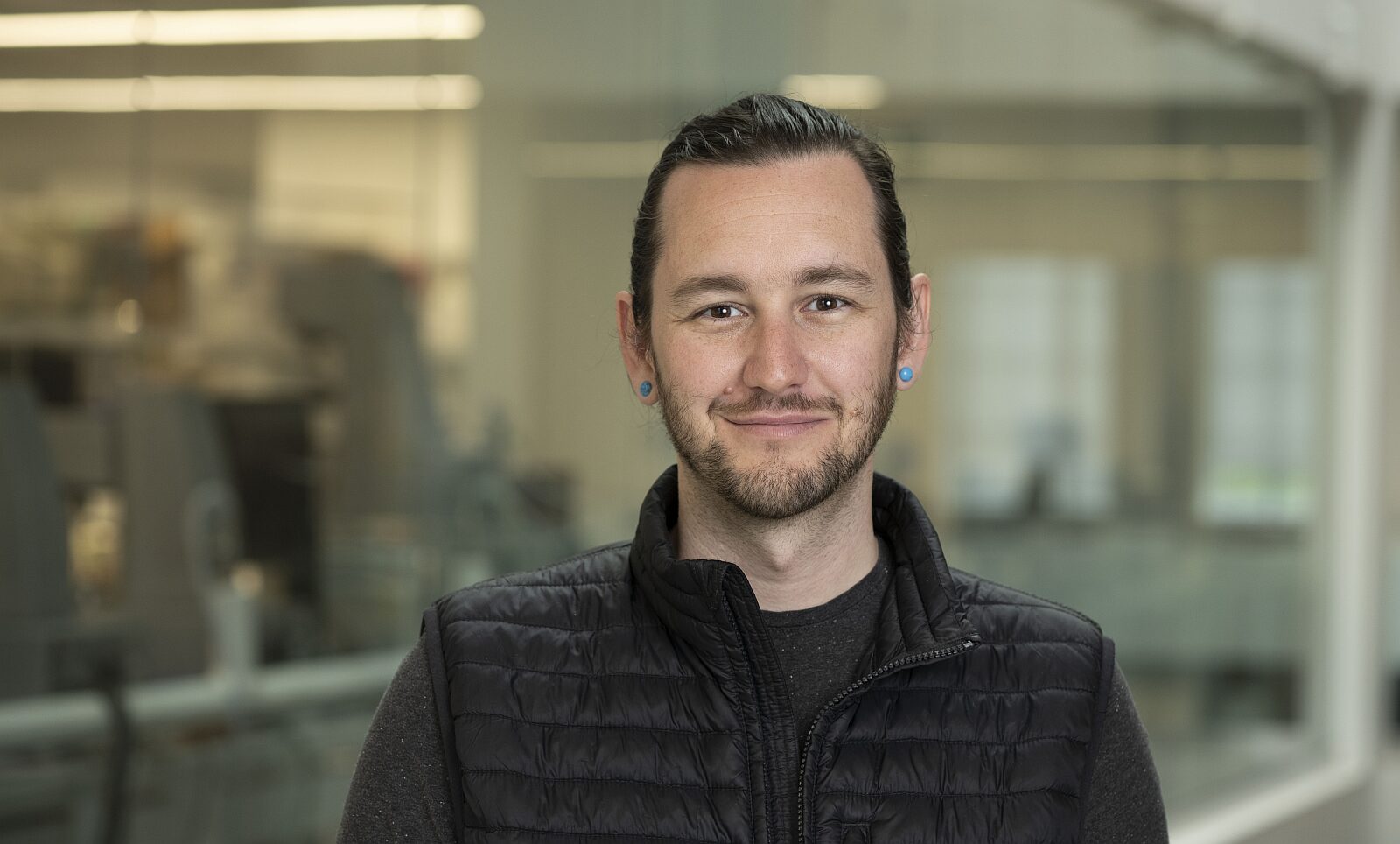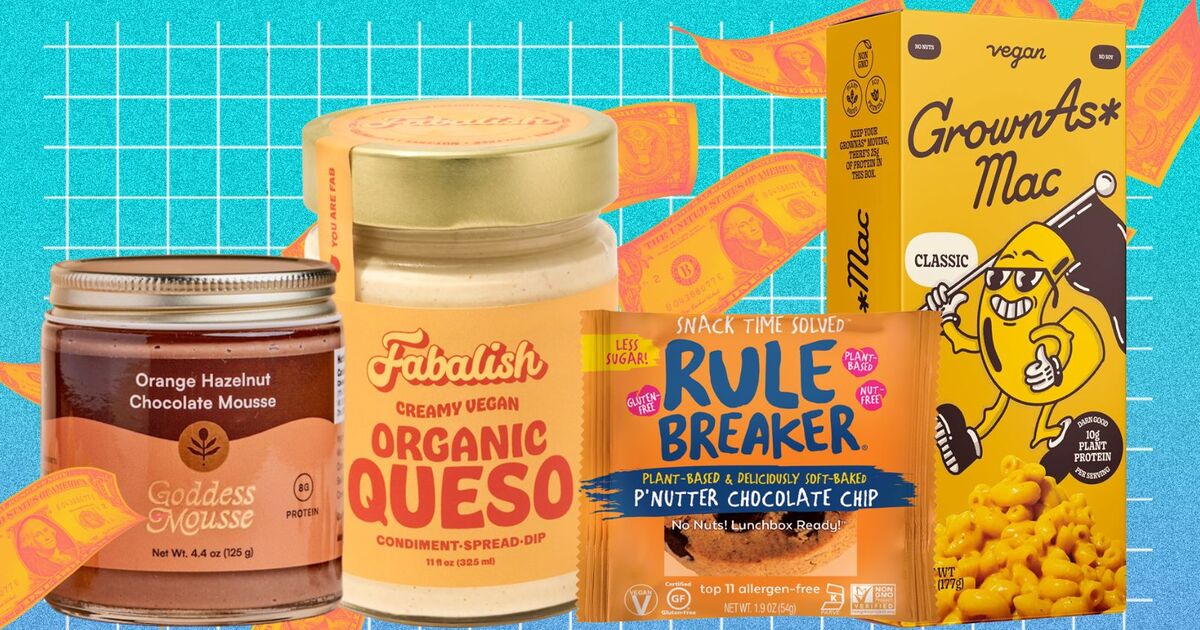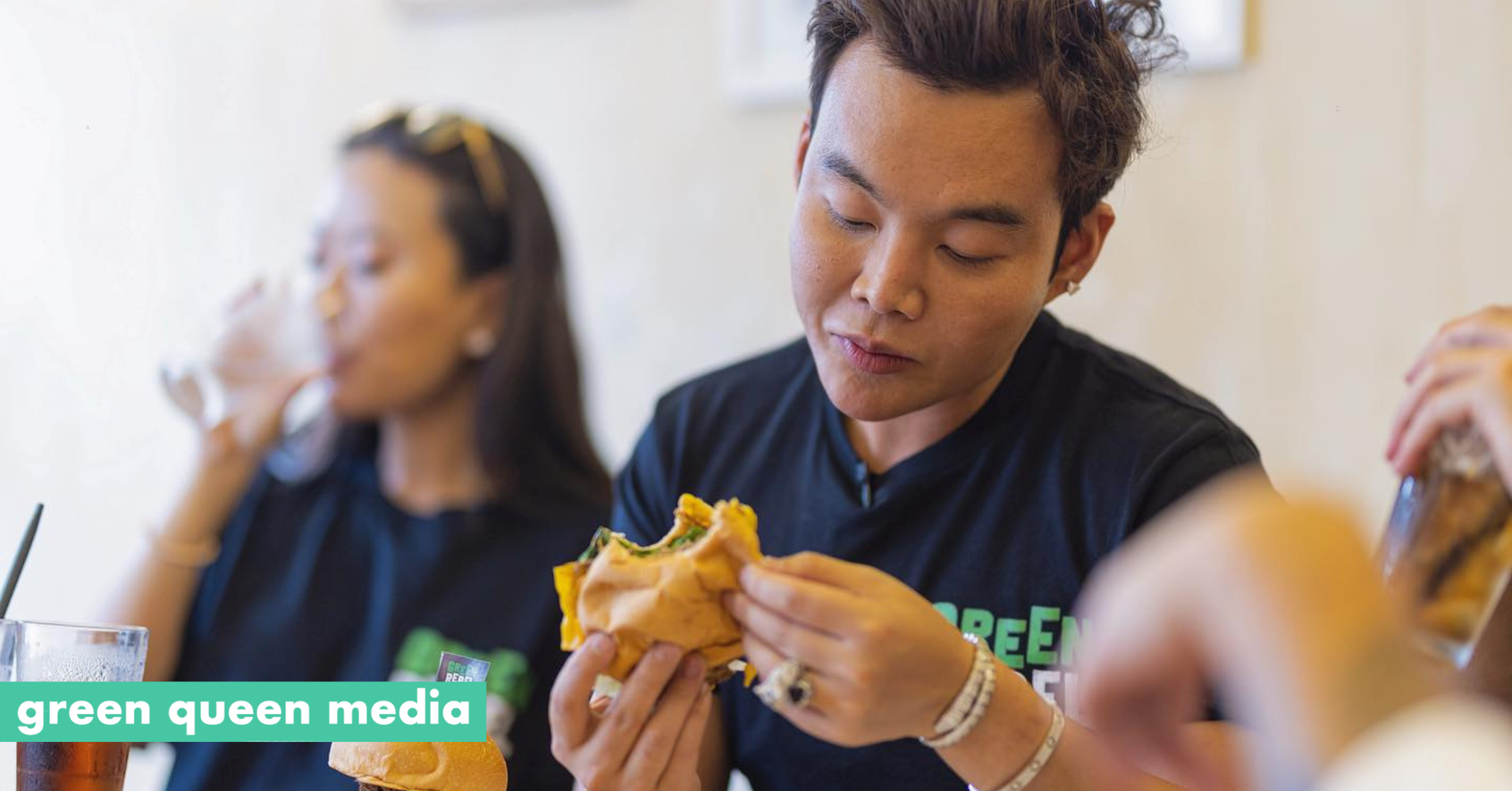Canadian startup New School Foods has struck nationwide distribution deals with Gordon Food Service and Bondi Produce to expand the availability of plant-based whole cuts made with patented ‘directional freezing’ technology enabling it to replicate the fibrous texture of meat.
The products, which are sold ‘raw’ and look and cook like animal flesh, first hit the market late last year and are now rolling out to outlets from sushi restaurants to boutique hotels looking for something more inspiring than a plant-based burger for their menus.
While the alt meat market has been going backwards in recent years as consumers tire of burgers and other processed meat products made from extruded plant proteins, New School has focused on more elevated products—starting with salmon—founder and CEO Chris Bryson tells AgFunderNews.
“There’s no silver bullet in this market or a single explanation as to why products are not delivering. It’s everything… price, taste and texture, the cooking experience, the nutritional profile, plus this whole market is definitely being politicized.”
Put simply, it should come as no surprise that consumers are unwilling to pay twice as much for something that’s half as good, says Bryson. “But if you can create a clear value proposition, there’s always an opportunity. People have been blown away by our product.”
Directional freezing
According to a patent filing, New School Foods first creates a hydrogel using hydrocolloids such as alginate, which it places on a freezing surface. This induces the formation of elongated, fibrous ice crystals that run throughout the gel.
When these melt, they leave a honeycomb-like structure that New School immerses in a solution containing proteins, fats, flavors, colors and other nutrients that fill in the gaps and create a ‘raw’ looking slab of meat. When a customer cooks the product, the proteins gel to create a meaty, fibrous texture.
Connective tissue layers are created using a patent-pending injection process.
“Imagine a big piece of Jell-o,” says Bryson. “The freezing experience restructures it into a very porous scaffold that we’re then able to infuse stuff into.”
By altering various process parameters, New School can alter the width, length, and resistance of the fibers, says Bryson, who aims to move from a batch to a continuous process at the firm’s 28,000 sq ft facility next year that will slash production times from two days to a few hours.
“Additionally, how those muscle fibers are distributed in concert with the fat is also very important. One of the things that’s quite exciting about this technology is that we figured out how this process can work in a multi-phase structure. So we have not only muscle fibers in our product, but fat layers, so we can create different arrangements of fat that allow us to modulate the texture.
“Sometimes with plant-based products, the texture is too homogeneous, too consistent, whereas meat is very rarely totally homogeneous.”
He adds: “So we have fats that are contained in these very visual, fatty looking layers where you can see the white lines in the salmon, but we also have fats that get included inside the channels [left by the ice crystals].”

Low-capex process
While New School Foods is producing in small quantities today, its process is highly scalable and does not require bespoke, costly equipment, but rather modifications to off-the-shelf kit, says Bryson.
“I first got involved as an angel investor in the space and I didn’t have any intention of starting a company,” adds Bryson, who founded enterprise software company Unata, which was acquired by Instacart in 2018.
“But what became clear very quickly as I was looking at all these startups, was that they were all using the same manufacturing technology: extrusion. There’s nothing wrong with that, but it’s very expensive from a CapEx perspective and it’s also a bit of a black box.
“Plus you can’t really put oil into it [as it clogs up the extruder], so you can’t create something that’s really fatty or rich or layered, which is what you want with whole cuts. At the same time other companies were doing things like 3D printing, which I felt was not scalable. So I decided to stop investing in startups and instead went to some of the world’s best food science universities and said I’m looking at funding a half dozen projects around new manufacturing processes.
“One of the projects we funded was at Toronto Metropolitan University, which came up with this new approach to directional freezing that we felt was particularly applicable to meat alternatives. And what was most exciting was that the process at least in theory, could be carried out by the same freezers that they use in the commercial fishing industry to flash freeze fish.
“And these are basically the machines that we use in lieu of an extruder.”
‘As we scale up, the physics are replicable and somewhat predictable’
He adds: “The nice thing about our process is that unlike extrusion, it’s what I would call horizontally scalable, which means that the physics don’t really substantially change as you do larger volumes. We have a system that, as we scale it up, the physics are replicable and somewhat predictable. We also have a system with a lot of levers, knobs, and dials we can turn enabling us to fine tune the quality of the product and modulate textures.
“We’re currently producing at a fairly small scale with manual labor and we’re still able to get to a point where we’re selling our product at admittedly a premium, but one that works, because we’re signing up restaurants. But the reason I think some of our investors invested is because we all see the line of sight towards being able to create products at cost parity products.
“This is an affordable technology from a unit economics perspective, and it creates really high-quality products. We’re also able to repurpose the waste bits (after cutting fillets) to create secondary products such as salmon burgers.”
To date, New School Foods has raised $18 million, around $10 million of which is from backers including Lever VC, Inter IKEA and Clear Current Capital, while $8 million is non-dilutive.
Asked whether IKEA is exploring adding New School’s plant-based salmon to its menus, he says: “I can’t comment on that, but I would encourage you to look at its public commitment that 50% of the main meals on its menu will be plant-based by 2025. Plus every IKEA sells salmon, so I’ll leave it at that.”
Further reading:



